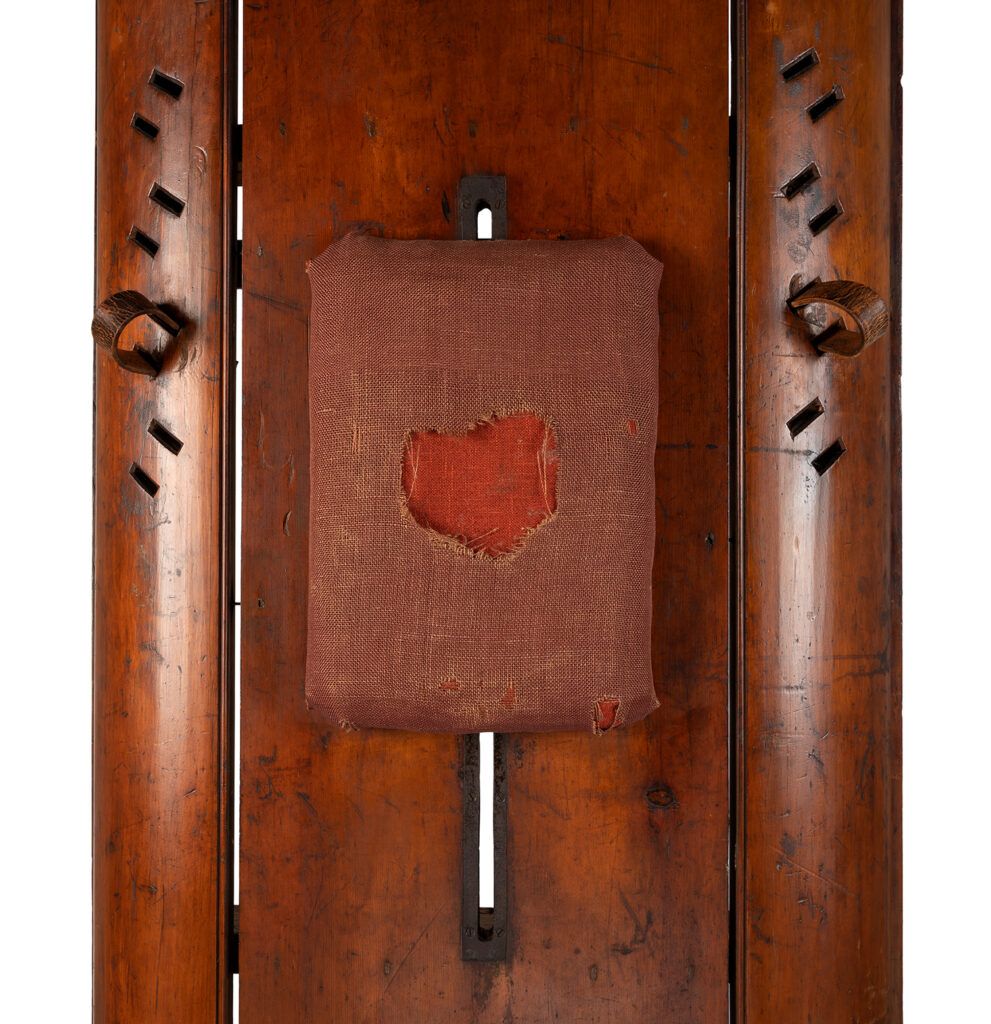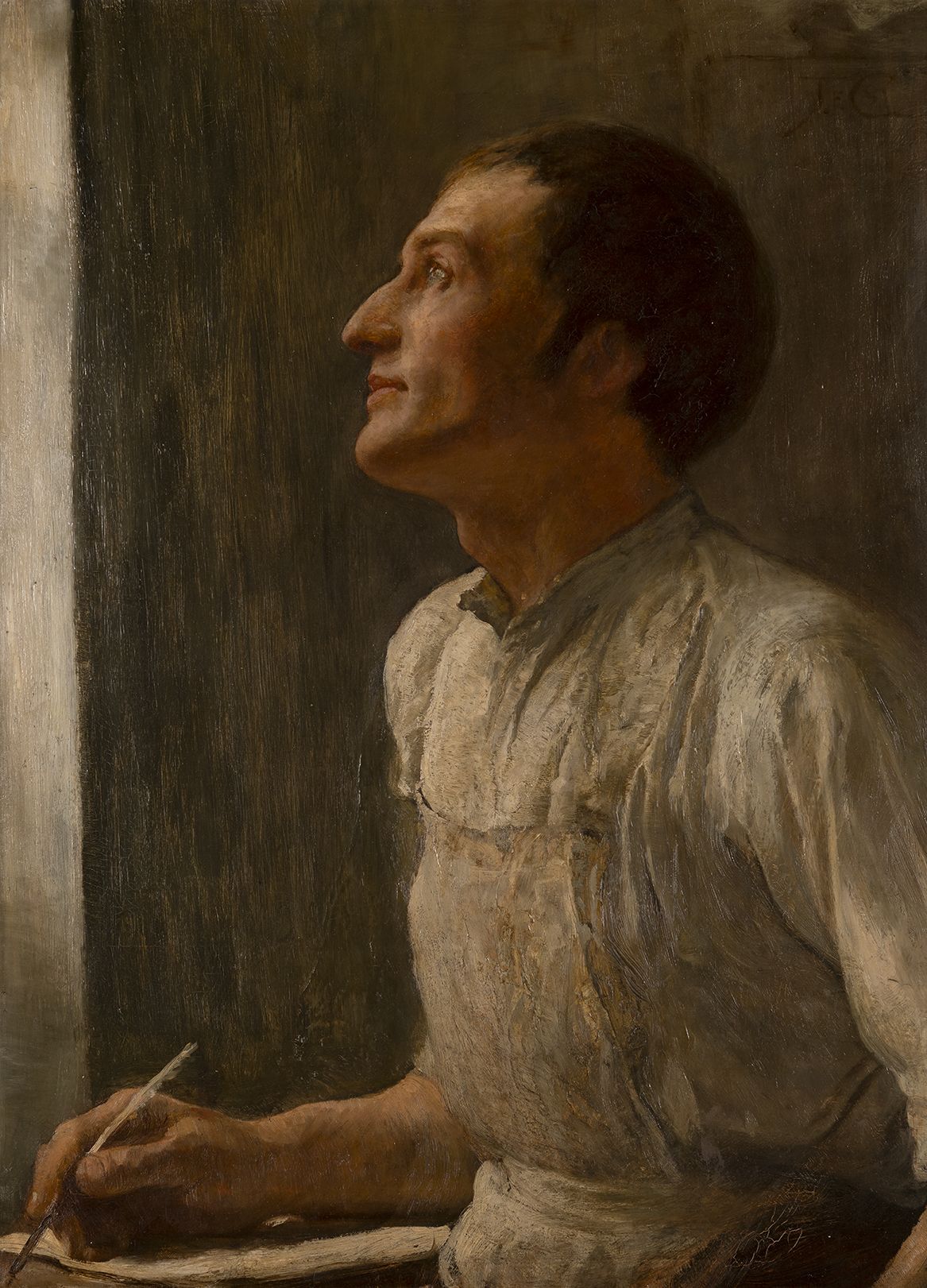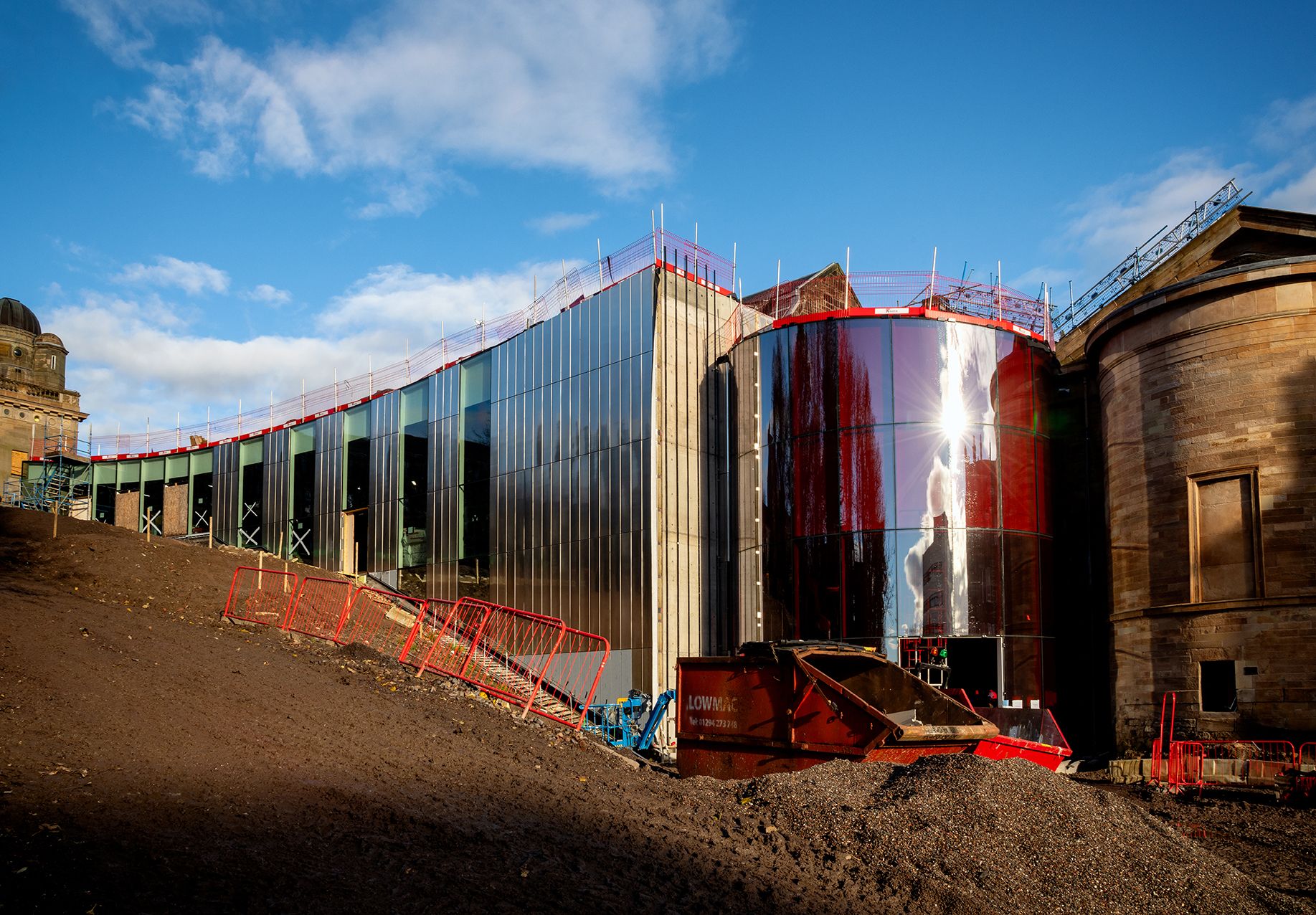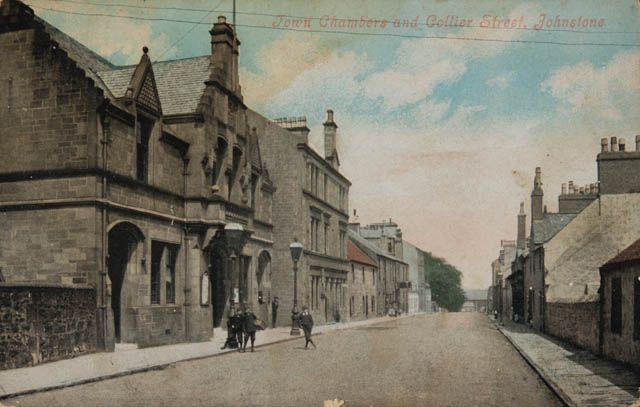Unveiling the Dark History of Corporal Punishment Inflicted on Young Scottish Children
Among the recollections of older Scots, the fear of receiving “the belt” as a consequence of misbehaviour at school still lingers. This form of punishment could entail a harsh strike from a heavy leather tawse or even a teacher resorting to a wooden ruler. It is astonishing to think that corporal punishment was only abolished in Scotland as recently as 1987.
However, the horrors of “the belt” pale in comparison to the punishment endured by children in Renfrewshire during the early 1900s. Shockingly, children as young as eight were fastened to a dreaded “whip post” and subjected to prolonged floggings for minor transgressions. These young individuals faced the birch rod, a flexible wooden stick that caused severe injuries.
The shocking tale of how children, primarily from impoverished backgrounds, endured such beatings has recently been unearthed by researchers involved in the £45 million renovation project of Paisley Museum. The original whip post, believed to have been utilised at Johnstone Police Station since its installation in 1903, will now be featured in a new exhibition that is expected to provoke discussions on the historical discipline of children.
Sarah Cartwright, the project’s Social History Curator who delved into this practice, describes it as nothing short of barbaric, primarily used as a deterrent. Newspaper accounts of the time meticulously document the number of lashes, or “stripes,” inflicted. Officials were employed to carry out these punishments, and surprisingly, some parents were content that the courts were responsible for disciplining their children instead of themselves.
It is believed that a whip post was also employed at Paisley Police Station, and the severity of punishment in 1903 was determined by the courts. Sarah notes that it was mostly underprivileged children who suffered these cruel acts.

She clarifies, “It wasn’t like well-organised gangs of bank robbers or anything of that sort. Rather, it was often poor boys stealing apples from orchards to sell for food or resorting to petty theft just to survive.”
One particular story featured in the exhibition tells of a young boy who was whipped at the age of 11. In his adulthood, at the age of 22, he joined the navy, and his medical records indicate scars across his buttocks, back, and elbow.
Sarah emphasises, “It was truly brutal; it wasn’t just a mere smack.”
Fortunately, in November 2020, Scotland enacted a law banning parents from physically punishing their children, becoming the first part of the UK to outlaw physical discipline of those under 16. Previously, parents and caregivers were allowed to use physical force for “reasonable chastisement.”
This law signifies that the defence of “justifiable assault” is no longer valid, providing children with the same protection from assault as adults.
These legal safeguards against both state and parental violence are unimaginable to the children of Renfrewshire in 1903. Sarah concludes, “It was a barbaric, brutal, and violent assault. Many of these impoverished boys were not driven by monetary gain but rather were simply striving to survive.”
Latest News & Stories

News
12 / 06 / 24Life and death of Scotland’s ‘forgotten bard’ Robert Tannahill re-examined on 250th anniversary of his birth
Paisley’s ‘weaver poet’ lost his life in tragic circumstances, but his legacy still resonates to this day. This month marks the 250th anniversary of his birth on 3rd June 1774, and the team behind the £45 million refurbishment of Paisley Museum has announced plans to showcase Tannahill’s incredible contribution to Scottish culture and re-visit the circumstances around his death.
Read More
News
25 / 05 / 24Social History Collection Conservation
Funding from The Pilgrim Trust has meant that we have been able to collaborate with the People’s History Museum to fully conserve artefacts from the Social History Collection.
Read More
News
14 / 05 / 24Scotland’s biggest cultural heritage project welcomes corporate partners on board
Paisley Museum welcomes the University of the West of Scotland, The Malcolm Group and Scottish Leather Group as corporate partners
Read More
